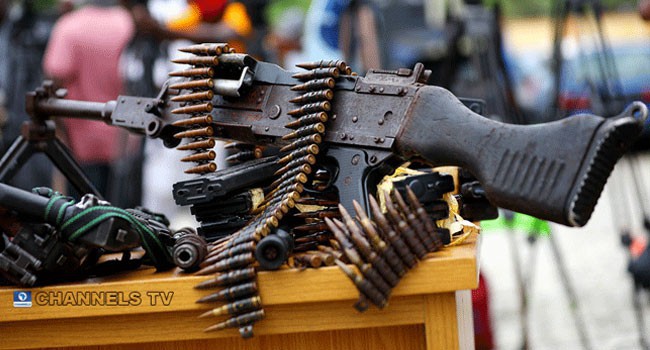Nigeria’s poverty rate may worsen in 2022 if President Muhammadu Buhari’s regime fails to address the insecurity ravaging communities across the country, economists said on Monday.
In separate interviews, the economists urged the current administration to speed up economic growth and development in the new year.
Akpan Ekpo, a professor of Economics and Public Policy at the University of Uyo, Akwa Ibom, advised the Buhari regime to double its effort in combatting insecurity. This, Mr Ekpo pointed out, would attract investors.
“Another matter is that of insecurity. Government should do its best to restore peace so as to attract investors; peace would enable farmers to return to their farms,” Mr Ekpo explained.
Also, he emphasised the need for the government to the fix electricity supply and win the confidence of the Nigerians.
“If there is power supply for even 18 hours a day, micro and small enterprises would be enhanced, and the economy would grow and generate employment. The era of jobless growth should be over,” he reasoned.
Similarly, Ndubisi Nwokoma, the director of the Centre for Economic Policy Analysis and Research (CEPAR) University of Lagos, maintained that the effect of insecurity on the agricultural sector was enormous.
He warned that failure to address the issue of insecurity would impede Nigeria’s economic growth and development in the New Year.
“Fiscal sustainability may persist given the persisting public debt burden and revenue challenges, which may be slightly ameliorated by the proposed increased taxation in 2022,” noted Mr Nwokoma. “Poverty may also persist in the economy with the proposed increased taxation and fuel subsidy removal, thus reducing both real and disposable incomes of the average Nigerian.”
The Minister of Finance, Budget, and National Planning, Zainab Ahmed, had announced that the government would remove the fuel subsidy and support 40 million “deserving” Nigerians with a N5,000 monthly transport allowance.
(NAN)






